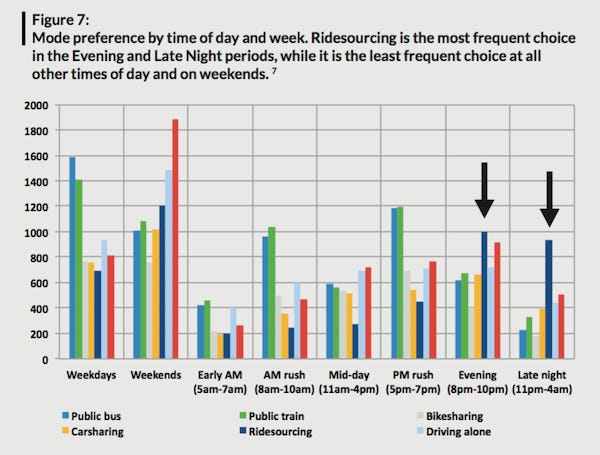Here is a topical story from my weekend: Yesterday, after trying and failing to find pizza dough at three different grocery stores, I sort of used Instacart. That is to say, I didn’t actually order anything from Instacart, but did refer to it as an inventory check before journeying to a fourth grocery, the Brooklyn Whole Foods. This worked quite well for me! Instacart said Whole Foods had pizza dough, and Whole Foods did indeed have pizza dough. I suppose it worked less well for Instacart, since I didn’t pay anything to use the catalogue, though maybe it’ll figure out a way to charge for that in the future. The moral is that pizza dough is shockingly hard to come by in Brooklyn.
Delivery disruptions.
SpoonRocket was a food delivery company founded in 2013 to bring “healthy high-quality meals to your curb within 15 minutes.” In September, SpoonRocket celebrated its millionth meal delivery. Last Tuesday, it shut down. Then, two days later, it was bought up by another food delivery company, Brazil-based iFood. SpoonRocket attributed its collapse to “intense competition … and an ever tightening funding environment.” These are problems that have lately bedeviled many an on-demand company, but seem likely to hit the hyper-crowded food delivery space especially hard. Postmates, DoorDash, Sprig, Munchery, Maple, Caviar, UberEats, etc. While they don’t all do the exact same thing, a lot of the things they all do are awfully similar. I guess that’s what happens when the year is 2016 and the primary target of disruption is your Wednesday night takeout.
Capitalistic kibbutz.
Fast Company has a long profile of WeWork, the cult-like office rental company that was recently valued at $16 billion, and its founder, Adam Neumann, who thinks that “a capitalistic kibbutz is not a bad idea.” That is how Neumann describes his vision of the future, in which WeWorks and WeLives (shared apartments) develop and proliferate into WeStreets and WeNeighborhoods. Such communities, according to Neumann, are a “when, not an if.” He is unfazed by the failures of past utopias. WeWork is built on “energy,” an allure that “can’t exactly be touched” and is “a feeling”—the capitalistic kibbutz that is WeWorld will presumably be supported by the same. And by money. “The reason most people did not succeed in this idea [of community living] before,” Neumann says, “is that nobody was ever able to write the check.”
Private-public transit.
Uber began as “everyone’s private driver,” but it increasingly wants to be their public one as well. See Boston, where Uber is offering a flat $5 rate on UberPool late at night until April 9, as the MTBA phases out its late-night T hours. Or Washington, DC, where Uber last week capped surge at 3.9x and promised to “keep DC moving” when the metro shut down for more than 24 hours. A new report from the American Public Transportation Association finds that people who use services like Lyft and Uber are also more likely to take public transit and own fewer cars. APTA recommends that cities collaborate with these companies on new “forms of public-private engagement.” Says Uber’s David Plouffe: “This study confirms what we’ve always believed—ridesharing is an important complement to public transportation.”
 Regulatory update.
Regulatory update.
Uber got greenlighted in West Virginia last Tuesday, one of just four US states in which it didn’t operate as of the end of 2015. Over in Austin, Texas, which is prepping for a referendum on ride-hailing regulations, the state supreme court denied Uber’s request to rewrite ballot language that the company claimed could “mislead Austin voters.” And here is an interview with “soft-spoken” Austin mayor Steven Adler, who thinks “the ballot initiative fight here was premature” and that “we could have worked through this in a way that would have avoided controversy.”
Other stuff.
LivingSocial lays off more than half its staff. GM rental program for Lyft drivers could also make them obsolete. BMW explores ridesharing. Lyft may have saved $126 million by classifying drivers as contractors. A mobile app to rescue taxis. Gig economy good guys? Hotel race in Cuba. Startup stagnation. Uber breathalyzer. On-demand poems.
Thanks again for subscribing to Oversharing! If you, in the spirit of the sharing economy, would like to share this newsletter with a friend, you can direct them to sign up here. Send tips, comments, and pizza dough advice to oversharingstuff@gmail.com.



